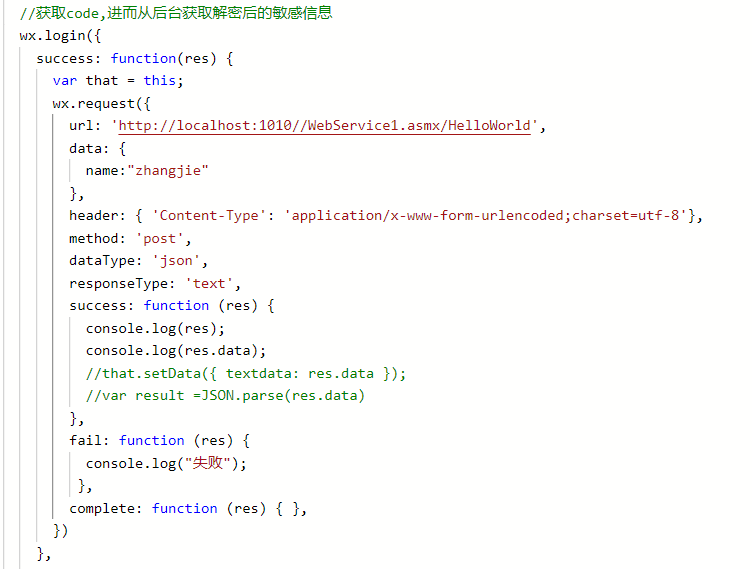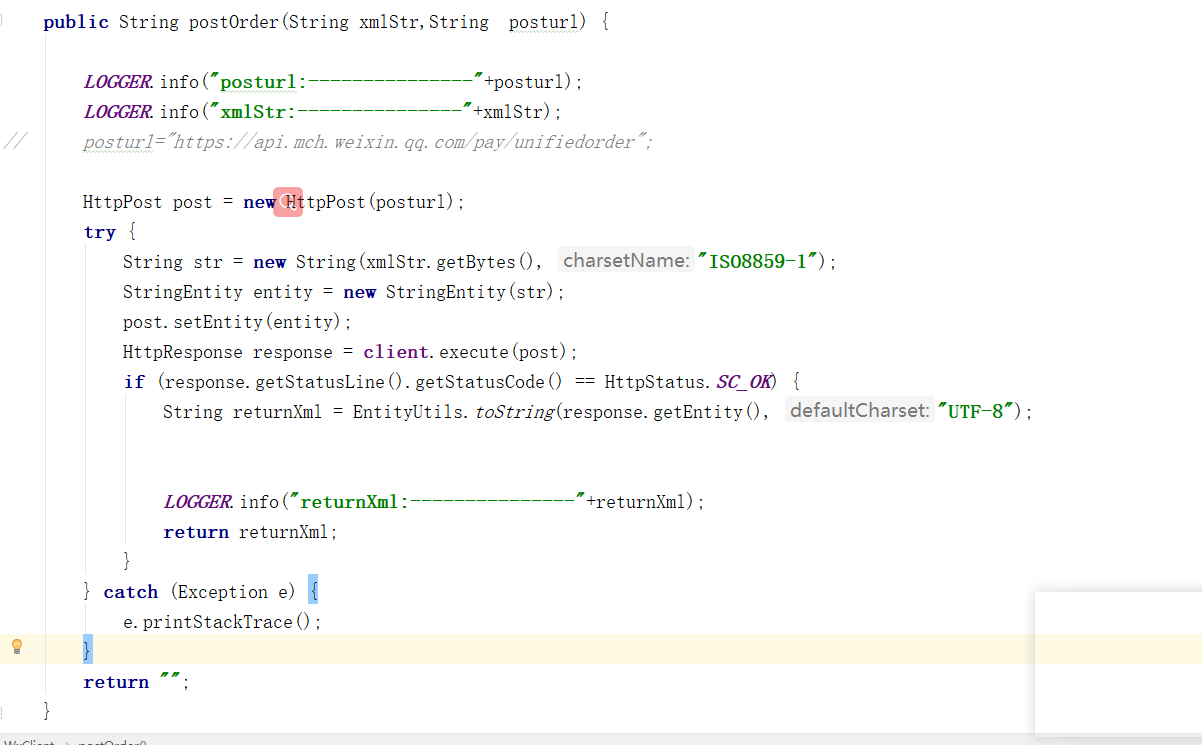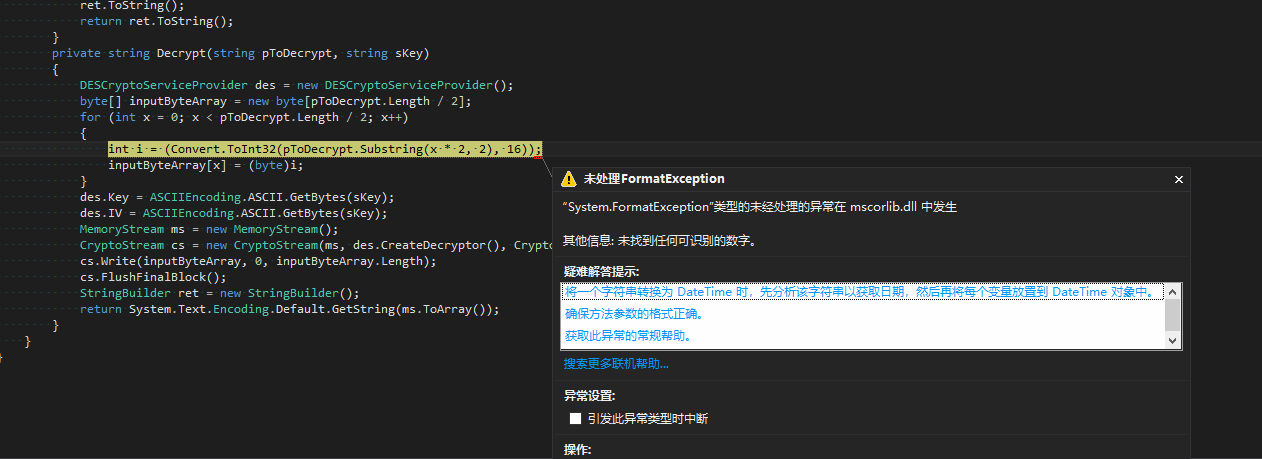What are the differences?
Is there a specific situation or reason for each function? If yes, can you give some examples of those situations?
PHP.net says that they are used to execute external programs. see reference
From the examples I see, I don\'t see any obvious difference.
If I were to simply run a script (bash or python), which function do you recommend me to use?
They have slightly different purposes.
exec() is for calling a system command, and perhaps dealing with the output yourself. system() is for executing a system command and immediately displaying the output - presumably text. passthru() is for executing a system command which you wish the raw return from - presumably something binary.
Regardless, I suggest you not use any of them. They all produce highly unportable code.
As drawn from http://php.net/ && Chipmunkninja:
The system() Function
The system function in PHP takes a string argument with the command to
execute as well as any arguments you wish passed to that command. This
function executes the specified command, and dumps any resulting text
to the output stream (either the HTTP output in a web server
situation, or the console if you are running PHP as a command line
tool). The return of this function is the last line of output from the
program, if it emits text output.
The exec() Function
The system function is quite useful and powerful, but one of the
biggest problems with it is that all resulting text from the program
goes directly to the output stream. There will be situations where you
might like to format the resulting text and display it in some
different way, or not display it at all.
For this, the exec function in PHP is perfectly adapted. Instead of
automatically dumping all text generated by the program being executed
to the output stream, it gives you the opportunity to put this text in
an array returned in the second parameter to the function:
The shell_exec() Function
Most of the programs we have been executing thus far have been, more
or less, real programs1. However, the environment in which Windows and
Unix users operate is actually much richer than this. Windows users
have the option of using the Windows Command Prompt program, cmd.exe
This program is known as a command shell.
The passthru() Function
One fascinating function that PHP provides similar to those we have
seen so far is the passthru function. This function, like the others,
executes the program you tell it to. However, it then proceeds to
immediately send the raw output from this program to the output stream
with which PHP is currently working (i.e. either HTTP in a web server
scenario, or the shell in a command line version of PHP).
The proc_open() Function and popen()
function
proc_open() is similar to popen() but provides a much greater degree
of control over the program execution. cmd is the command to be
executed by the shell. descriptorspec is an indexed array where the
key represents the descriptor number and the value represents how PHP
will pass that descriptor to the child process. pipes will be set to
an indexed array of file pointers that correspond to PHP\'s end of any
pipes that are created. The return value is a resource representing
the process; you should free it using proc_close() when you are
finished with it.
The previous answered seemed to all be a little confusing or incomplete, so here is a table of the differences...
+----------------+-----------------+----------------+----------------+
| Command | Displays Output | Can Get Output | Gets Exit Code |
+----------------+-----------------+----------------+----------------+
| system() | Yes (as text) | Last line only | Yes |
| passthru() | Yes (raw) | No | Yes |
| exec() | No | Yes (array) | Yes |
| shell_exec() | No | Yes (string) | No |
| backticks (``) | No | Yes (string) | No |
+----------------+-----------------+----------------+----------------+
- \"Displays Output\" means it streams the output to the browser (or command line output if running from a command line).
- \"Can Get Output\" means you can get the output of the command and assign it to a PHP variable.
- The \"exit code\" is a special value returned by the command (also called the \"return status\"). Zero usually means it was successful and other values are usually error codes.
Other misc things to be aware of:
- The shell_exec() and the backticks operator do the same thing.
- There are also proc_open() and popen() which allow you to interactively read/write streams with an executing command.
- Add \"2>&1\" to the command string if you also want to capture/display error messages.
- Use escapeshellcmd() to escape command arguments that may contain problem characters.
- If passing an $output variable to exec() to store the output, if $output isn\'t empty, it will append the new output to it. So you may need to unset($output) first.
It really all comes down to how you want to handle output that the command might return and whether you want your PHP script to wait for the callee program to finish or not.
exec executes a command and passes output to the caller (or returns it in an optional variable).
passthru is similar to the exec() function in that it executes a command . This function should be used in place of exec() or system() when the output from the Unix command is binary data which needs to be passed directly back to the browser.
system executes an external program and displays the output, but only the last line.
If you need to execute a command and have all the data from the command passed directly back without any interference, use the passthru() function.
If you\'re running your PHP script from the command-line, passthru() has one large benefit. It will let you execute scripts/programs such as vim, dialog, etc, letting those programs handle control and returning to your script only when they are done.
If you use system() or exec() to execute those scripts/programs, it simply won\'t work.
Gotcha: For some reason, you can\'t execute less with passthru() in PHP.




